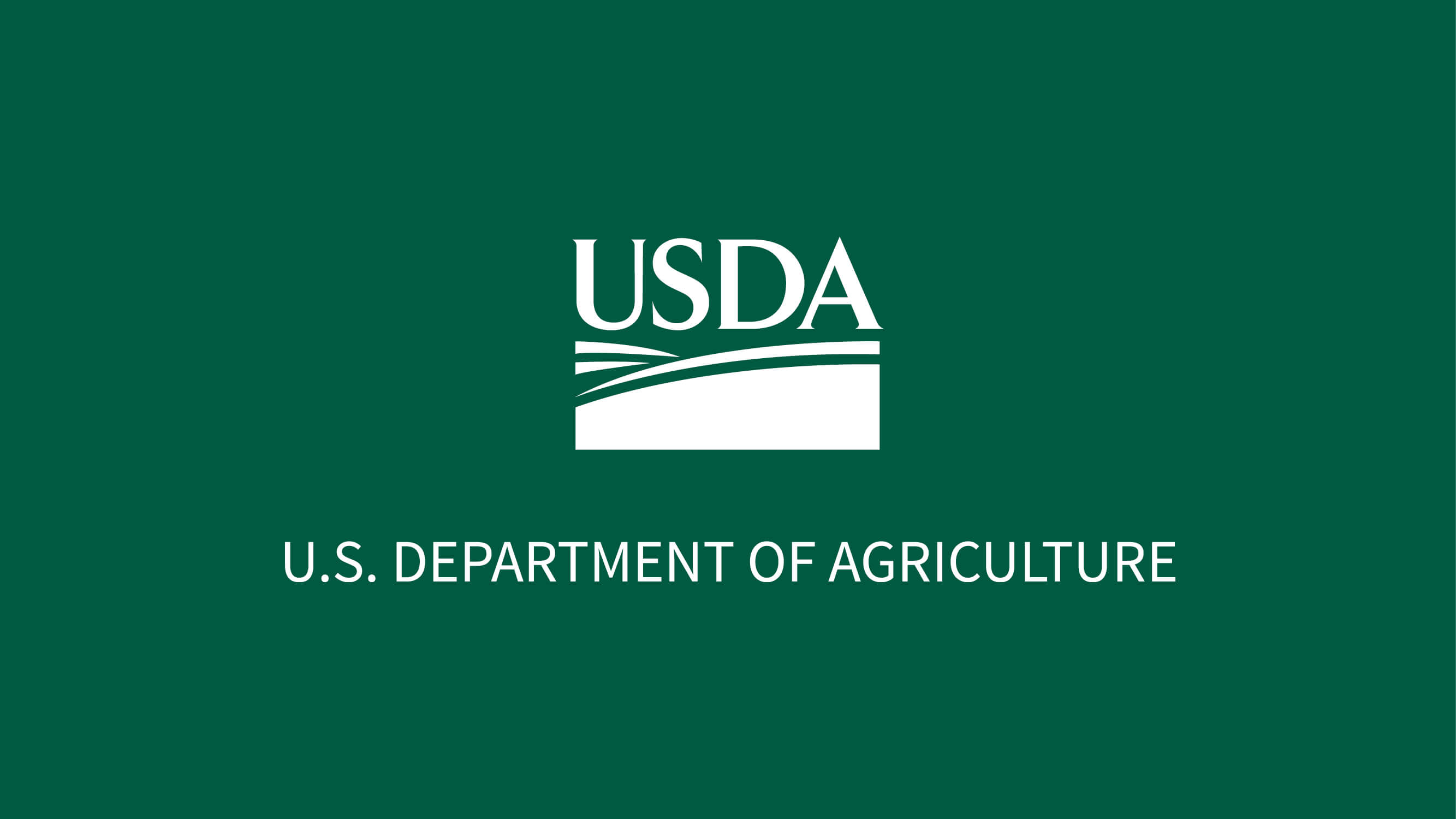Editor’s note: Find the latest COVID-19 news and guidance in Medscape’s Coronavirus Resource Center.
The more than half a million US patients with kidney failure who require dialysis have been slammed over the past 2 years by the COVID-19 pandemic, and their situation has grown even more dire with the Omicron-driven surge in infections.
In recent weeks, US patients who need dialysis have had to face curtailed treatment sessions along with shortages in medical staff and supplies that have impeded access to dialysis.
“Immediate action is required to ensure that dialysis facilities have access to needed supplies and staff,” said a joint statement from the National Kidney Foundation and the American Society of Nephrology released on January 18.
A First-Ever Drop in US Patients on Dialysis During the Pandemic
Data from 2020 included in the 2021 annual report of the United States Renal Data System document the first decline in the number of US patients receiving dialysis treatment in the 50-year history of the Medicare program that’s designed to insure access to this life-saving treatment. In 2020, the number of US patients starting dialysis fell by more than 5000 relative to 2019.
The two organizations recommended that federal, state, and local governments take several immediate steps to mitigate the mushrooming crisis, including boosting access to critical supplies such as the components of dialysate fluids and high-quality face masks, suspending a federal regulation requiring use of prefilled saline syringes, and allowing licensed nurses to practice outside their states even where this is not currently permitted by existing rules.
Avoiding Past Mistakes
The statement also scolded US agencies including the Centers for Disease Control and Prevention and the US Food and Drug Administration (FDA) for their past failures to add patients on dialysis to a high-priority tier for receipt of COVID-19 vaccines, booster shots, and prophylactic antibody therapies.
“Failure to prioritize dialysis patients for access to vaccination at the beginning of the pandemic had wide-ranging effects on hospitalizations and death,” the statement said. “We must not allow this same mistake to happen again.”
Adding to this problem has been the lack of inclusion of patients on dialysis in trials of novel therapies, an approach that the two kidney groups called “unacceptable.” The two organizations implored the FDA to add people with kidney failure to the list of highly vulnerable, immunocompromised patients who qualify for emergency use authorizations for new treatments.
The statement also highlighted the “significant risk” for acute kidney injury and the need for dialysis that can result directly from COVID-19 infection and has further exacerbated the shortages of both staff and supplies for delivering dialysis treatment.
A key driver of this crisis has been a widespread lack of awareness of chronic kidney disease, end-stage kidney disease, and the vast numbers of US patients with these conditions, as well as disproportionately high numbers of patients with end-stage kidney disease among people in underserved ethnic and racial groups.
Renal Disease is a “Silent Crisis”
“Kidney disease is the silent public health crisis. Patients with kidney diseases, more so than many other diseases, are often overlooked and seem at times to be invisible to the public,” said Susan E. Quaggin, MD, professor and chief of nephrology and hypertension at Northwestern University Feinberg School of Medicine in Chicago, Illinois, and president of the American Society of Nephrology.
“Approximately 555,000 Americans receive dialysis to survive, with a disproportionate burden in underrepresented communities” including Blacks and Latino/Hispanic individuals, Quaggin said in an interview.
Despite this, White individuals are more likely to receive a kidney transplant. “US data document an excess burden of death in Black and Latino dialysis patients from COVID-19. This health inequity and social injustice must end,” Quaggin declared.
The US medical system and government policies must do “everything in its power to prepare for future surges in COVID-19 cases and prevent needless deaths” among patients who have either been maintained on dialysis or who now newly require it because of COVID-19, the statement said. The National Kidney Foundation and the American Society of Nephrology pledged to partner with policymakers and manufacturers to take the steps required to deal with this crisis.
Quaggin has an ownership interest in, receives royalties from, and serves on the board of directors of Mannin Research. She has also been a consultant to AstraZeneca, Janssen, Novartis, Q BioMed, and Roche.
Mitchel L. Zoler is a reporter with Medscape and MDedge, based in the Philadelphia region. @mitchelzoler
For more diabetes and endocrinology news, follow us on Twitter and Facebook.
Note: This article have been indexed to our site. We do not claim legitimacy, ownership or copyright of any of the content above. To see the article at original source Click Here













